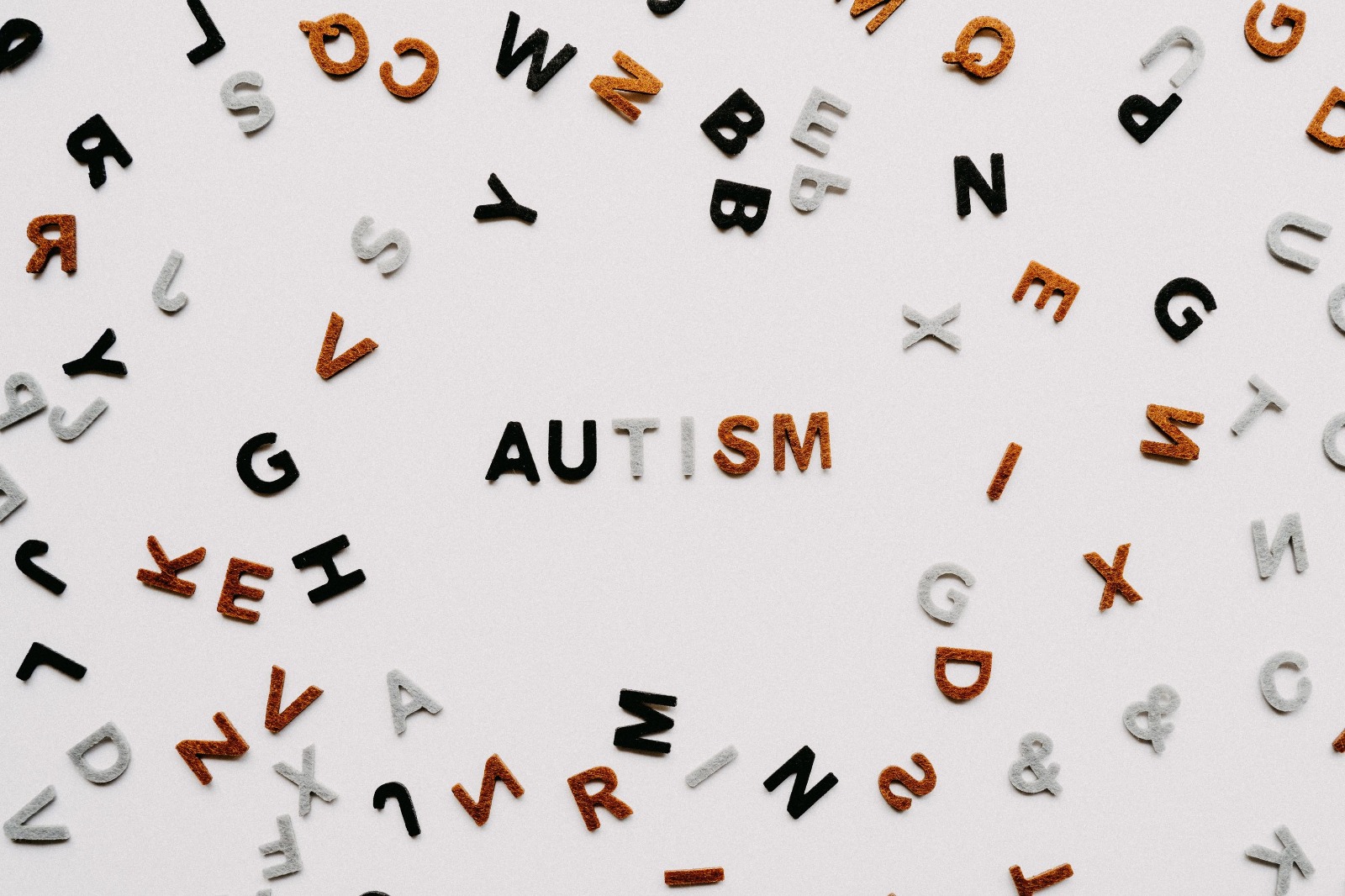Understanding Autism: Everything You Need to Know About This Complex Condition
Introduction: What is Autism and How Does it Affect People?
The neurological illness known as autism spectrum disorder (ASD) is characterized by issues with social interaction, communication, and repetitive activities. In the United States, it is thought to afflict about 1 in 68 kids. Communication, comprehending social signs and emotions, and participating in repeated activities or interests can be challenging for those with ASD. Moreover, they could struggle with sensory processing issues or sensory sensitivity. While there is no known cure for autism, early intervention can assist those who are impacted by the condition achieve better results.
Autism, commonly referred to as autism spectrum disorder or pervasive developmental disorder, is a condition that alters a person’s social interactions and perception of their environment. It is a neurological condition that impacts behavior, social interaction, and communication. Autism spectrum disorders can make it difficult for a person to express themselves and to interpret social signs and relationships. Also, they could struggle with regular tasks like getting dressed or paying attention to instructions. Knowing more about autism can help us support those who are impacted by it and better understand their needs so they can lead more satisfying lives.
Common Symptoms and Types of Autism
Autism is a complicated disorder that has a wide range of effects on individuals. It is characterized by trouble understanding the world around them, repeated activities, and difficulties in social communication. There are many variants and many forms of autism, even though some symptoms are shared by all autistic individuals.
Communication problems, sensory sensitivity, trouble interacting socially, and restricted interests or behaviors are some of the signs of autism that are frequently present. Due to the difficulties they encounter on a daily basis, adults with autism may also suffer from anxiety or sadness. Adults can be diagnosed with Asperger’s Syndrome, a milder type of autism that might cause social interaction issues but not necessarily language impairments or intellectual limitations.
Whatever type of autism a person has, early detection with a neurodivergence test and intervention can lessen some of the challenges that come with it. Families can identify possible concerns early on and get the appropriate care for their loved ones by being more knowledgeable about the symptoms and kinds of autism.
Causes and Risk Factors for Autism
Communication, conduct, and social interaction are all affected by the complex developmental disease known as autism. In the US, it is thought to afflict 1 in 59 children. Although the precise etiology of autism is unknown, there are some risk factors that have been identified that increase the likelihood that someone may be given the diagnosis. They include the parents’ age at conception, environmental pollutants, and genetic predisposition.
At the Brain Wellness Center, we specialize in figuring out what causes autism and addressing those reasons. To help alleviate symptoms and enhance overall functioning, our doctors employ a range of treatments, including dietary adjustments, supplements, medications, lifestyle changes, and brain stimulation techniques. We also offer assistance to families in managing the condition of a loved one.
Diagnosis and Treatment of Autism
Communication, social interaction, and conduct are all affected by the developmental disease known as autism. For children with autism to receive the finest care and treatment available, early diagnosis is crucial. As there is no one test or treatment that can diagnose autism, diagnosis might be difficult. Instead, medical professionals must consider behavioral patterns and other indicators of autism.
Parents can better understand their child’s health and the best ways to treat and assist them by learning the symptoms of autism and how it is diagnosed. The diagnosis of autism in children will be covered in this article along with physical examinations, developmental assessments, genetic testing, psychological evaluations, evaluations of speech-language therapy, and more.
How to Support Someone on the Autistic Spectrum
Helping a person with autism spectrum disorder can be difficult but rewarding. It’s critical to keep in mind that every person on the autism spectrum is different and has specific needs. To support people with autism in their daily life, there are certain measures that can be used. These tactics include establishing a secure and comforting atmosphere, comprehending their sensory needs and communication requirements, offering structure and consistency, and assisting them in social skill development. We can comprehend how to support persons who are autistic in meaningful ways by using these techniques.
Conclusion: Supporting Loved Ones With Autism & Raising Awareness Around This Complex Condition
It can be challenging to navigate autism because it is a complex disorder that affects both the person with autism and their loved ones. Families, caregivers, and friends may find it difficult to comprehend and assist persons with autism. In order to assist those who are impacted by this ailment, it is crucial to spread knowledge about it. We can build an inclusive environment that supports autistic people in their daily lives by becoming educated about the difficulties they confront. We can also offer them information to help them better manage their condition and lessen the stigma attached to autism. The constant task of supporting family members who have autism calls for our collective understanding and compassion.

